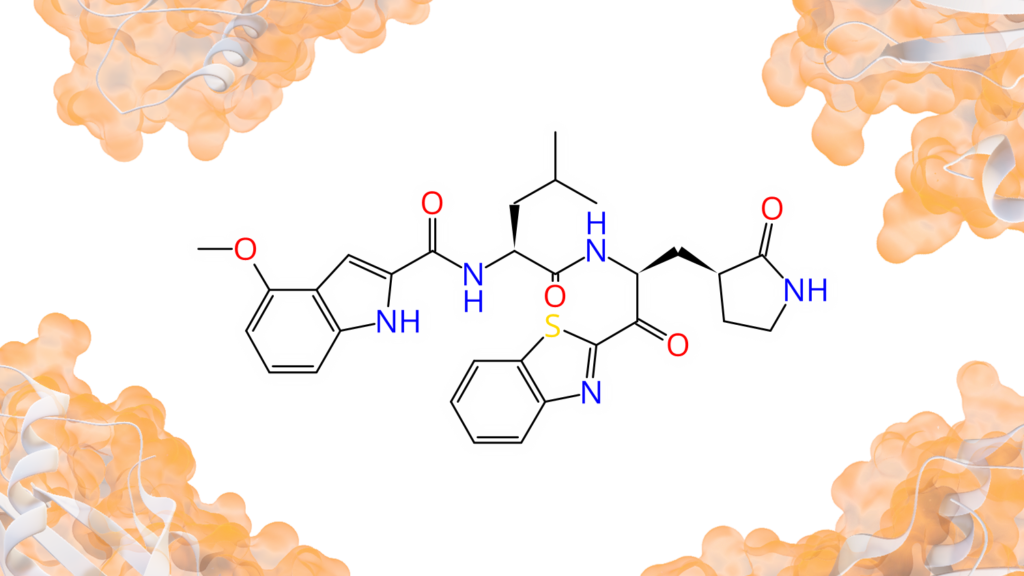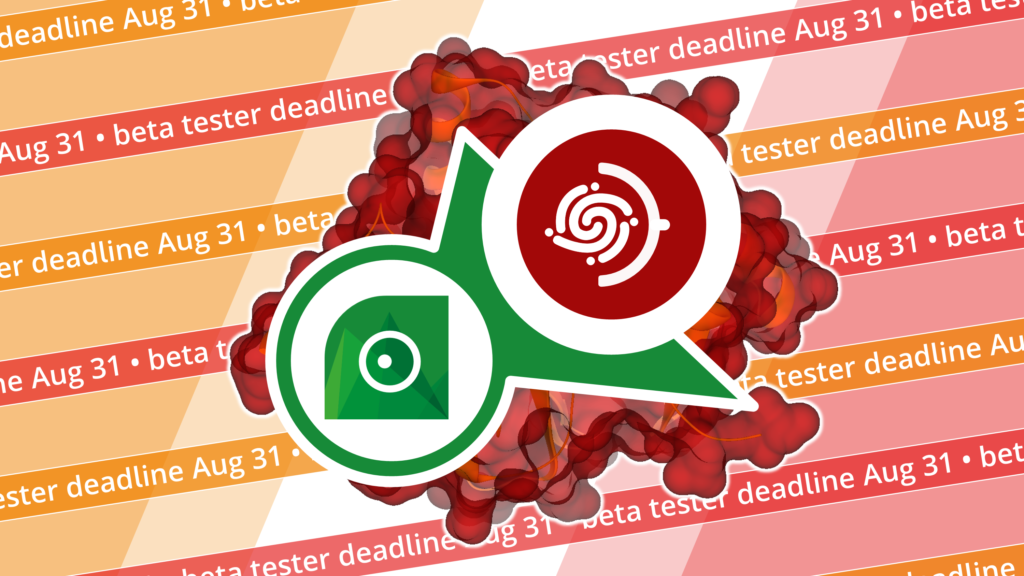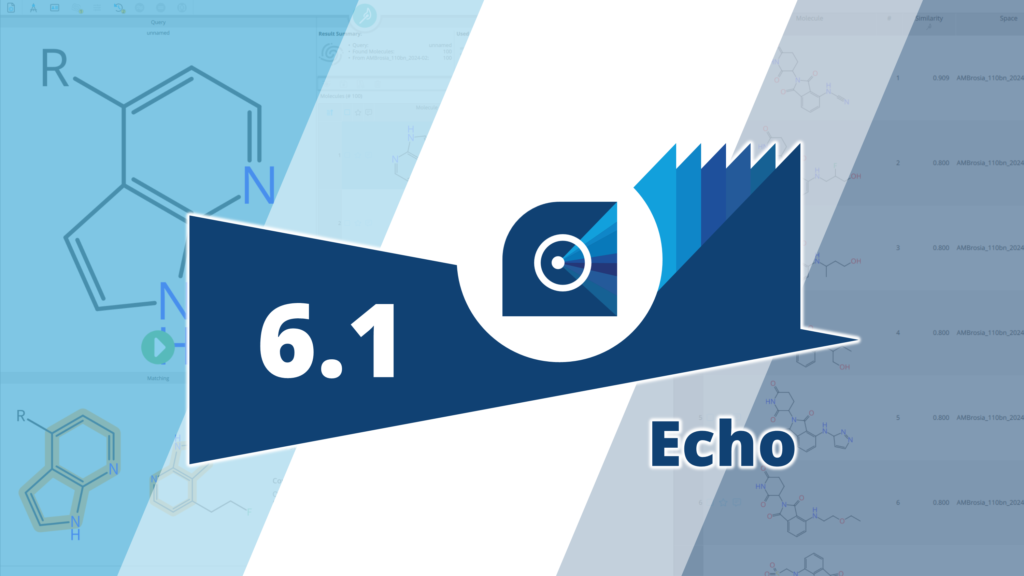COVID-19 is shifting from pandemic to endemic, but the etiological agent, SARS-CoV-2, is still spreading and causing public health issues around the world. New variants, with multiple mutations in their spike proteins, are now able to evade neutralization by antibodies in vaccinated and convalescent individuals. Consequently, there is a pressing need for developing broadly acting antivirals to address current and future virus outbreaks. This is especially important for currently circulating viruses belonging to the “Omicron” subvariants, such as EG.5.1 (Eris) and BA.2.86 (Pirola).
In this BioSolveIT Webinar, Thanigaimalai will report on the development of next-generation, broadly acting antiviral agents that are potent and selective SARS-CoV-2 main protease (Mpro) inhibitors. Mpro is an attractive target in coronaviruses because of its essential role in viral replication and transcription.[2,3] The compounds display potent in vitro antiviral activity against not only the wild-type SARS-CoV-2 but also its variants, including Omicron and BA.2.86, and other highly pathogenic human CoVs such as SARS-CoV-1 and MERS-CoV. Selected compounds possess favorable PK properties and exhibit sensitivity to several nirmatrelvir-resistance mutations, suggesting potential application for the treatment of a broader spectrum of coronavirus infections.
Join this highly informative webinar with the winner of the “Innovation Award for Medicinal/Pharmaceutical Chemistry 2024” from the Division of Medicinal Chemistry of the German Chemical Society (GDCh) together with the Pharmaceutical/Medicinal Chemistry Division of the German Pharmaceutical Society (DPhG).
[1] T. Pillaiyar, et al. Med. Res. Rev. 2021, 41, 72-135.
[2] C. Huang, et al. Sig. Transduct. Target. Ther. 2023, 128.
[3] Breidenbach, J.; Lemke, C.; Pillaiyar, T. et al. Angew. Chem. 2021, 133, 10515-10521.







